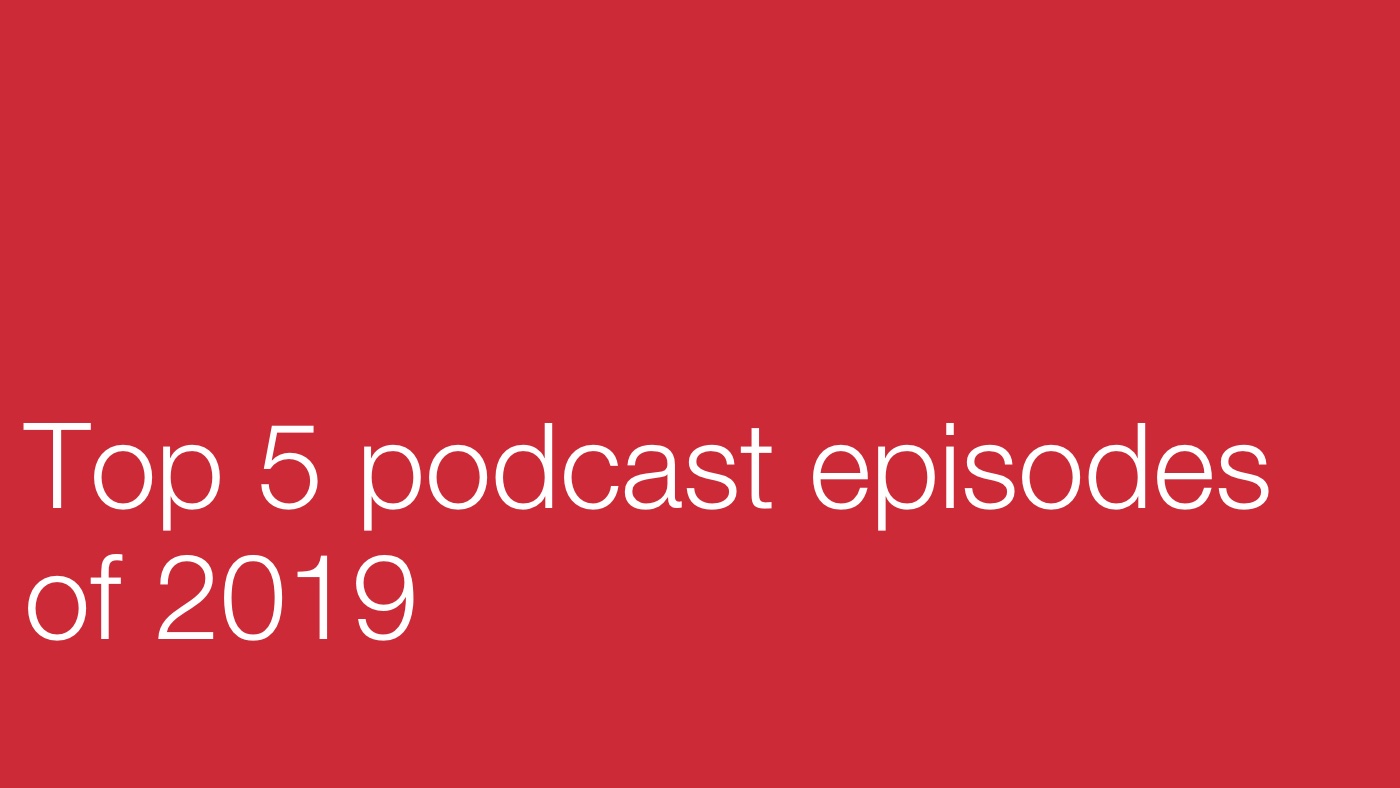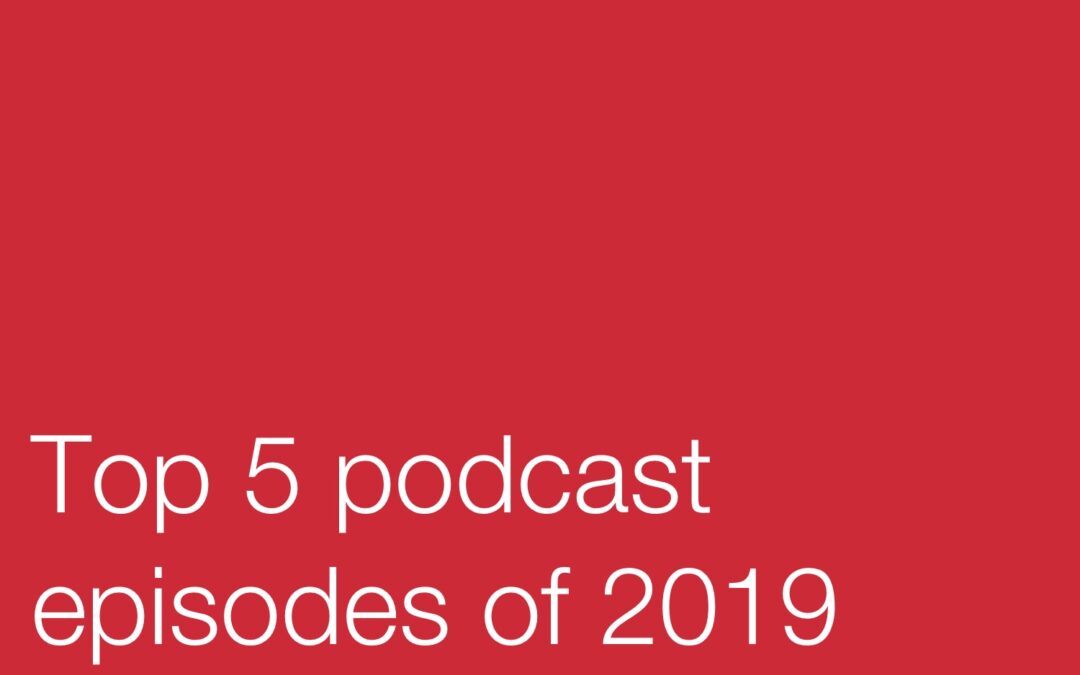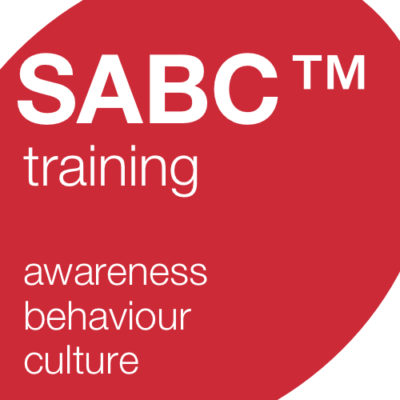
As we prepare for the launch of the next series of the podcast – more on that very soon – we’re taking a look back to last year to see which episodes proved to be the most popular.
1. Effective Leadership and Successful Organisational Change, with John P. Kotter
This is our most listened to episode of 2019. And given that this was the most recent episode to be released, this is saying something. With 11% of total downloads this episode has proved to be very popular indeed. And to be honest, we’re not surprised! John P Kotter is a legend in the world of organisational change and has topped the best-seller lists for years.
In this episode you’ll learn things like
- the difference between our survival mode and our thrive mode, and how they relate to organisational change.
- what some best practices are for communicating effectively to bring about change
- the success factors that determine whether an organisation can successfully implement change
If you haven’t checked it out yet, then you can listen to John P Kotter episode here.
2. The Human Brain vs. Awareness, Behaviour, and Culture, with Hilary Scarlett
In second place with 7% of total downloads this episode was also one of our most recent. In this episode Bruce chats to Hilary Scarlett to find out what makes our brains tick, and why it matters for change managers and organisational heads.
Better understanding the brain can really help us to gain important insights and some of the things that are discussed during this episode include;
- Why our brains are often lazy by default
- Growth mindset within an organisational culture
- How understanding what our brains do and how they work can guide efforts towards creating proper learning environments and organisational cultures where people can more easily learn and thrive
You can listen to this episode here.
3. How cultural values can be used in cybersecurity attacks, with Dr Char Sample
For this episode, Bruce is joined by Dr Char Sample to dive into the topic of culture and the role it plays when it comes to cybersecurity. This podcast chat is not what you’d expect to hear when it comes to culture; they explore how your cultural values can be used against you in cybersecurity attack. So things like;
Designing for success. Whether you’re designing a phishing campaign, an education awareness campaign, how you’re going to manage incidents, whatever it is, it’s about understanding that all of this is being done with people in mind, either as the victims, the perpetrators, or the middle people.
Culture shaping. You can’t shape culture in the short-term, which causes a clash between organisational culture and security culture. Organisational cultures often look for success metrics every quarter, but culture takes much longer to change.
To listen to this episode head over here.
4. Eliciting Intrinsic Motivation and Reframing Problems, with Rachel Lawes
Joining Bruce Hallas on this episode the Podcast is Dr. Rachel Lawes, who comes to the show with a background in the field of semiotics. Don’t worry, if you’re not familiar with the term, you’re probably in good company. Semiotics is the study of sign process (semiosis), which is any form of activity, conduct, or any process that involves signs, including the production of meaning.
During this fascinating conversation Rachel and Bruce discuss how semiotics can help us to engage more effectively and influence changes more effectively.
Listen to Char and Bruce here.
5. How to develop a security culture, interview with Gert Jan Hofstede
Gert Jan Hofstede joins us for a second time on the show with this episode. Gert Jan is a population biologist and social scientist hailing from the Netherlands. His research and publications provide many with deeper understanding in the areas of cultural evolution, societal change, cultural stability, and how those forces interact with and have influence upon one another.
Understanding the role of culture is crucial if we want to develop a security culture. Especially if we want to have a realistic chance of influencing behaviour, which is probably why we’re wanting to develop a security culture in the first place.
During this episode you can hear Bruce and Gert Jan talk about things like;
- How the meaning of the word ‘culture’ can differ from organisation to organisation. And how it depends on the broader cultural context of the society in which the organisation is situated. This is because the social and technical systems of an organisation are dovetailed in everyday behavioural dynamics
- The need to be culturally aware. Along with being cognisant of cultural differences, we need to learn how to properly interpret those differences. We have to remember that our brains naturally make quick decisions about people and groups; who’s in and who’s out.
You can listen to this episode here.




